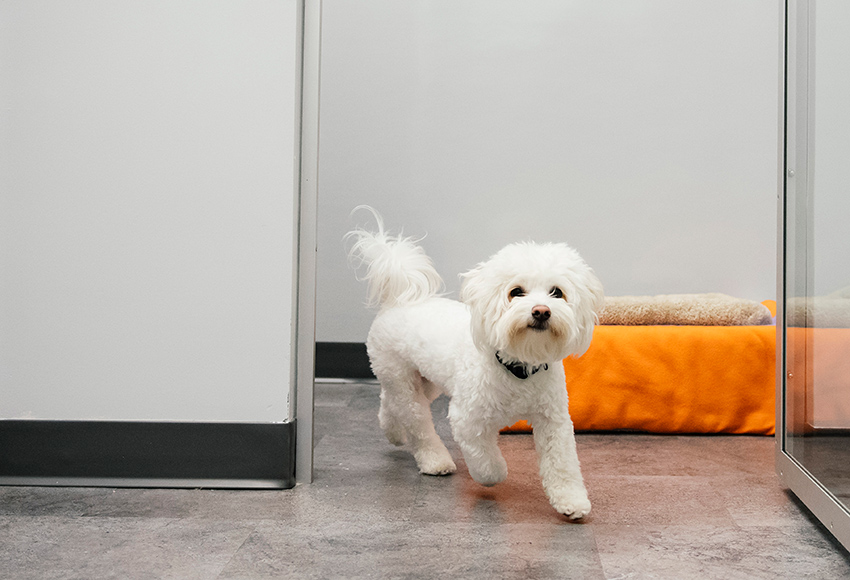How to Pick the Right Vet for Your Pup: What to Ask and What to Know
September 16, 2024

How to Pick the Right Vet for Your Pup: What to Ask and What to Know
Choosing the right veterinarian for your dog is one of the most important decisions you’ll make as a pet parent. Your vet will play a key role in your dog’s health and well-being, from routine check-ups to emergency care. Picking the right vet involves asking the right questions and being informed about your dog’s health to ensure you find a trusted partner for your pet’s care.
What Questions Should I Ask When Choosing a Vet?
Is the Clinic Accredited? One of the first things to ask is whether the clinic is accredited by the American Animal Hospital Association (AAHA). This accreditation ensures that the clinic meets high standards of veterinary care. Accredited clinics tend to have more advanced medical protocols and equipment, which can be a critical factor for your pet’s well-being.
What Services Do You Offer? It’s essential to know what services a clinic provides. Ask about their capabilities for routine check-ups, vaccinations, surgeries, dental care, and emergency services. You want a vet that offers comprehensive care, so you don’t have to go to different places for specialized treatments.
Do You Have Experience with My Dog’s Breed? Different dog breeds have unique health needs. For example, brachycephalic breeds (like Bulldogs or Pugs) often face respiratory issues, while large breeds like German Shepherds may have joint problems. Asking if the vet has experience with your dog’s breed will give you peace of mind that they understand breed-specific health concerns.
How Are Emergencies Handled? Emergencies can happen at any time. Find out how the clinic handles emergencies. Do they have 24-hour service or a referral hospital for after-hours care? Knowing where to go in an emergency is crucial for your dog’s safety.
What Is Your Approach to Preventative Care? Preventative care, including vaccinations, parasite prevention, and diet management, plays a significant role in your dog’s health. A good vet will prioritize preventive measures to keep your dog healthy and help you avoid serious health issues in the future.
What Should I Know About My Dog When Talking to the Vet?
When you meet your new vet, it’s important to come prepared with information about your dog’s health history. Here are a few key things to know:
Medical History: Be prepared to discuss your dog’s past medical conditions, surgeries, or any recurring health issues. This helps the vet build a comprehensive understanding of your dog’s health.
Diet and Exercise: Your vet will want to know about your dog’s diet and exercise routine to ensure they are receiving the proper nutrition and staying active.
Behavioral Issues: If your dog has any behavioral problems like anxiety, aggression, or hyperactivity, let the vet know. Behavioral issues can sometimes be linked to underlying health conditions.
Vaccination Records: Bring your dog’s vaccination history so the vet can determine what shots are up to date and which ones may be needed.
Allergies and Sensitivities: If your dog has any known allergies, sensitivities, or reactions to medications, make sure to inform the vet.
Your relationship with your vet should feel like a partnership. The more informed you are about your dog’s health, and the more comfortable you feel asking questions, the better care your dog will receive. By taking the time to choose the right vet and maintaining open communication, you’ll ensure that your dog lives a happy, healthy life.
If you’re still unsure about finding the right veterinarian, remember that referrals from people you trust are invaluable. At Dogtopia, we want to help make this process easier for you. Please reach out to our front desk for our list of preferred veterinarians who take excellent care of the pups in our daycare and boarding programs. We’re happy to connect you with trusted professionals who can meet your pet’s needs!





